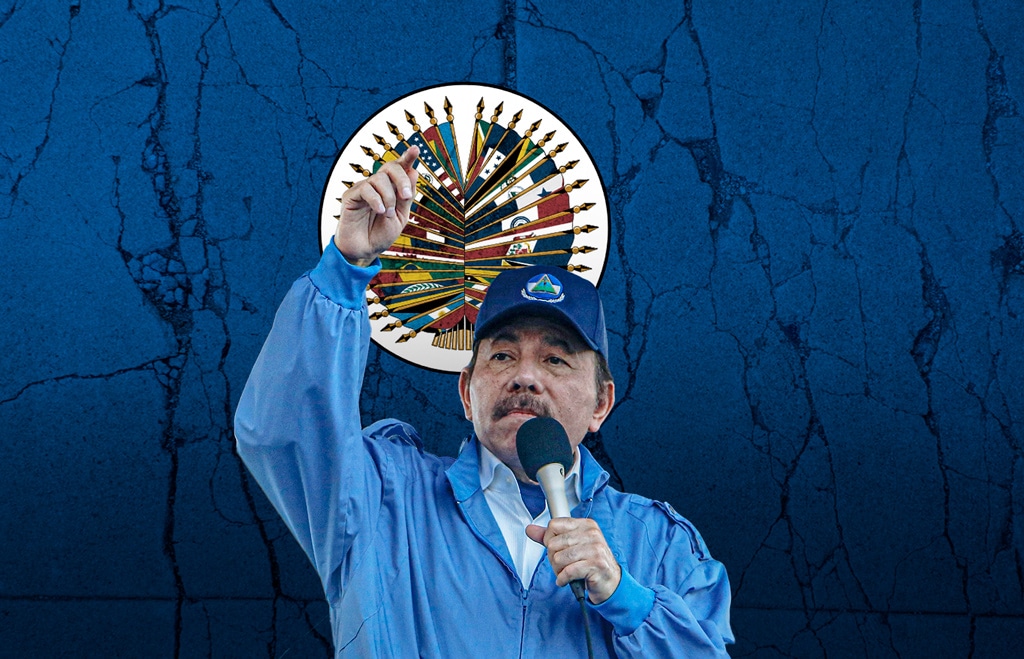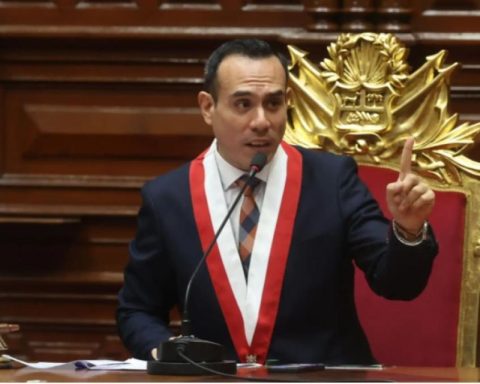Mexico resumed the export of avocados to the United States, which suspended it citing telephone threats to an inspector in Michoacán, one of the Mexican states hardest hit by organized crime.
“The avocado inspection program in Michoacán, Mexico, has restarted and avocado exports to the United States have resumed,” the US Department of Agriculture (USDA) said in a statement on Friday.
“Additional measures have been enacted to enhance the safety of inspectors” from the Animal and Plant Health Inspection Service (APHIS) working in the field, after a threat made to an employee’s official cell phone on February 11, it adds. .
He insists that “the safety of USDA employees who are simply doing their jobs is of the utmost importance.”
The events occurred in Michocán, the world’s largest avocado producer and which sends 85% of its avocados to the United States, where it is consumed in large quantities.
According to the Mexican government, some 140,000 tons of avocado will be exported to the United States in February, which estimates that in 2021 the import of this fruit generated 2.8 billion dollars for Mexico.
But Michoacán is also one of the Mexican states hardest hit by violence linked to organized crime, in whose sights are, among others, avocado producers, who suffer robberies, assaults and extrsions.
In 2021, avocado growers announced the formation of an armed self-defense group, called “Pueblos Unidos”, to deal – according to them – with extortion and kidnapping by drug traffickers due to the alleged inaction of the authorities.
The Mexican president, Andrés Manuel López Obrador, opposes these squads -which have emerged for years in various regions- on the grounds that they often end up infiltrated by criminals.
The United States thanked this Friday “the positive and collaborative relationship” with Mexico that allowed to solve the problem and affirmed that the reinforcement of security was decided in collaboration with the regional security officer of the United States embassy in Mexico, the national organization of Phytosanitary Protection of Mexico (SENASICA) and the Association of Producers and Exporter Packers of Avocado from Mexico (APEAM).
For Mexico, the interruption of imports from the United States, its main trading partner, hid economic and political interests.
“In all of this there are also many economic and political interests, there is competition. They would not want the Mexican avocado to enter the United States or to prevail because of its quality,” López Obrador said this week, adding that “there are other countries interested in selling the avocado.” in the US market, without saying which ones.
Washington affirmed, however, this Friday that Mexico and the United States will continue to work together “to strengthen the solid bilateral supply chains that promote economic growth and prosperity











